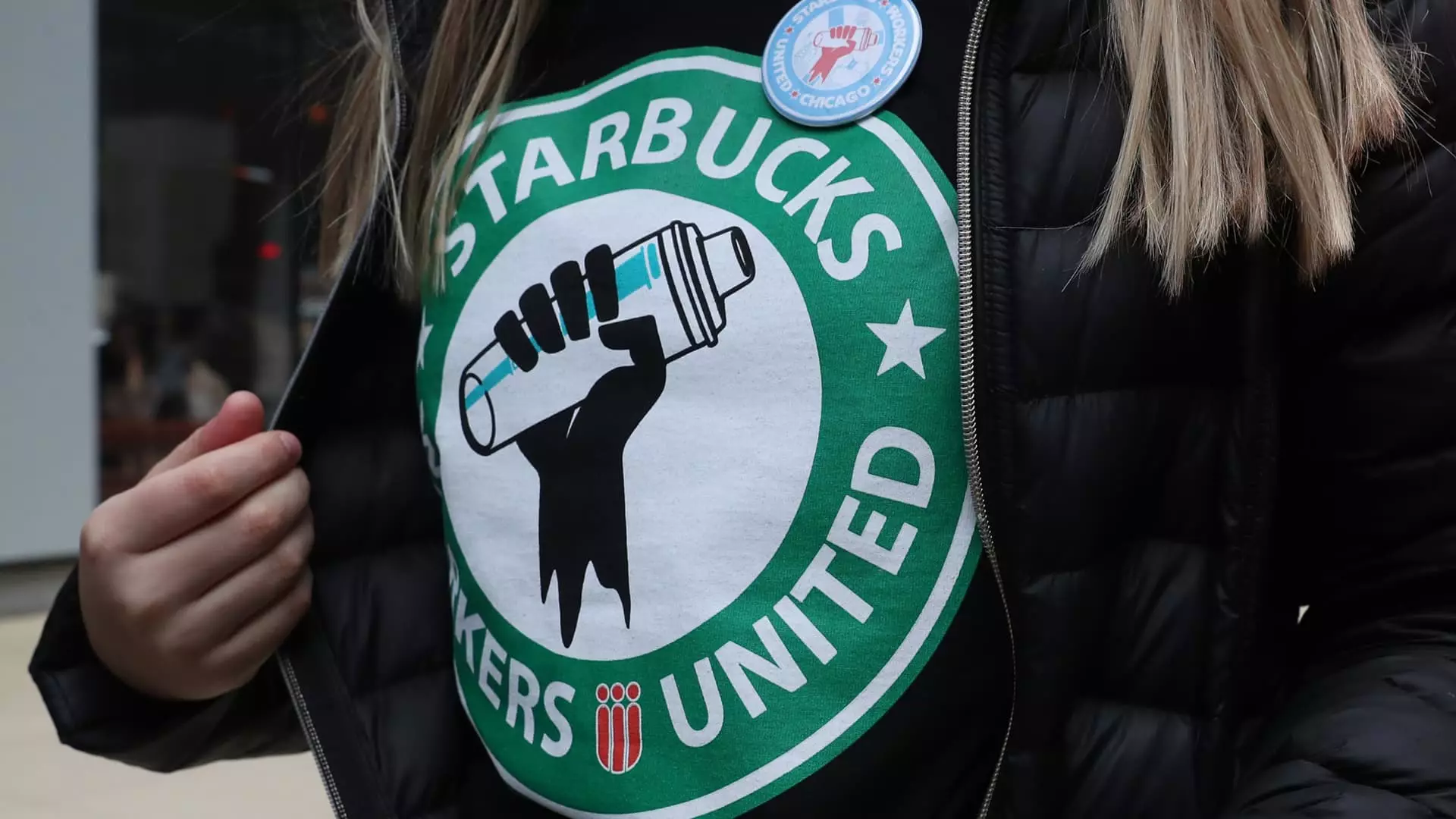After an extended stalemate, Starbucks and the union representing its baristas are set to resume contract negotiations. This comes after both sides had previously found a “constructive path forward” during mediation discussions concerning litigation regarding the union’s use of Starbucks’ branding. The union, affiliated with the Service Employees International Union, and Starbucks have had a tumultuous relationship over the past two years. Despite roughly 500 company-owned Starbucks locations in the U.S. voting to unionize under Workers United since December 2021, collective bargaining agreements have yet to be reached.
Previous negotiations between Starbucks and the union quickly ended in a stalemate, with accusations being thrown from both sides. Starbucks had insisted on face-to-face negotiations without any representatives appearing via Zoom, while the union accused Starbucks of using this as a stalling tactic. However, in the upcoming negotiations, about 150 union representatives will be present in person, with additional members participating remotely.
Workers United has been advocating for higher wages, more consistent scheduling, and a variety of other priorities for Starbucks employees. While labor laws don’t mandate a collective bargaining agreement, both parties are required to bargain in good faith. Workers who lose faith in the union have the option to petition for decertification after a year, adding pressure to the negotiation process.
Legal Challenges and Supreme Court Appearance
Starbucks faced a significant legal challenge when it appeared before the Supreme Court to appeal a lower court’s decision regarding an injunction sought by the NLRB to reinstate seven fired workers at a Memphis cafe. The outcome of this case could have far-reaching implications for the NLRB and organized labor. A decision from the Supreme Court is expected later this summer.
The upcoming contract negotiations between Starbucks and Workers United carry significant implications for the future of labor relations within the company. Both parties will need to navigate existing challenges, address worker priorities, and work towards a mutually beneficial agreement. The outcome of these negotiations will not only impact Starbucks employees but also set a precedent for labor relations in the broader context of the service industry. It remains to be seen how these negotiations will unfold and what impact they will have on the relationship between Starbucks and its workforce.

